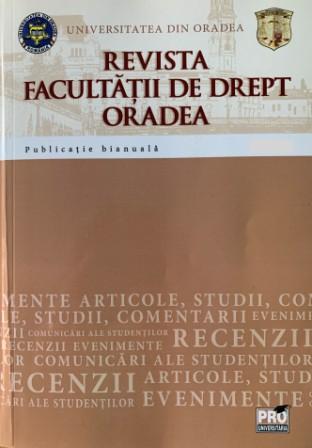Officiality and the right of defence in the case law of the ECHR
Officiality and the right of defence in the case law of the ECHR
Author(s): Júlia Dóra BattaSubject(s): Criminal Law, EU-Legislation, Comparative Law
Published by: Editura Pro Universitaria
Keywords: criminal procedure; officiality; right to defence;
Summary/Abstract: The right of defence is a main principle of the criminal procedure. Generally, enforcement of the principals is always a relevant question in every branch of law, because principles express the specifics of the procedure and serve as guidelines in application of law. These principles are never absolute, but always have relative value, because they express of the current social and legal policy perception. In criminal proceedings, the ex officio principle has a different meaning at the investigative and trial stages. In the course of an investigation, it means that the investigating authority or the prosecutor may also initiate criminal proceedings without a request. At the court stage, the principle of ex officio means, in the first place, that the judge is not bound by the parties’ motions. For example in the Member States of the European Union there are different legal solutions as to whether the evidence can be taken of the court’s own motion or only at the request of the prosecutor, the accused and the defence counsel.
Journal: Revista Facultății de Drept Oradea
- Issue Year: 1/2021
- Issue No: 1
- Page Range: 86-90
- Page Count: 5
- Language: English

